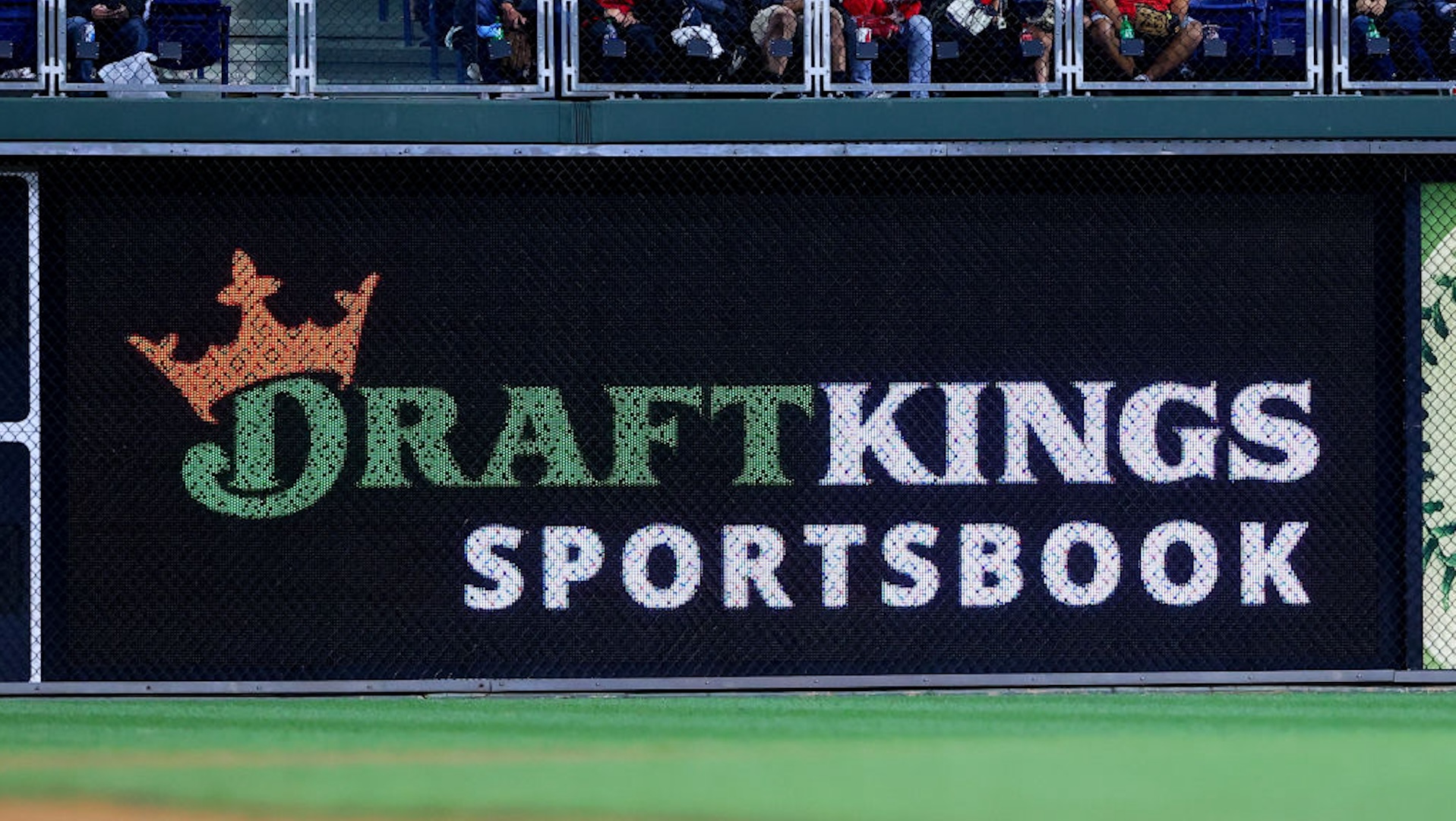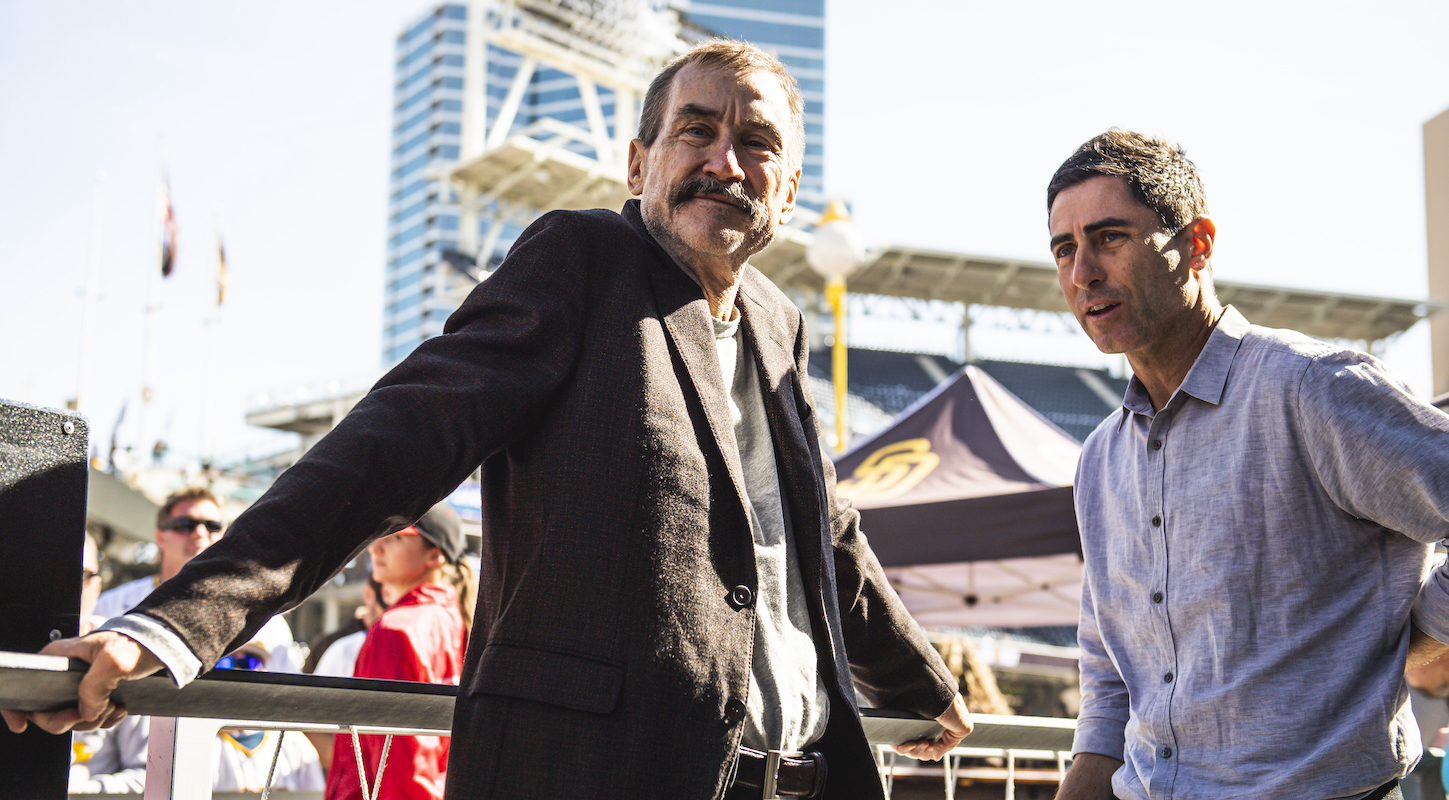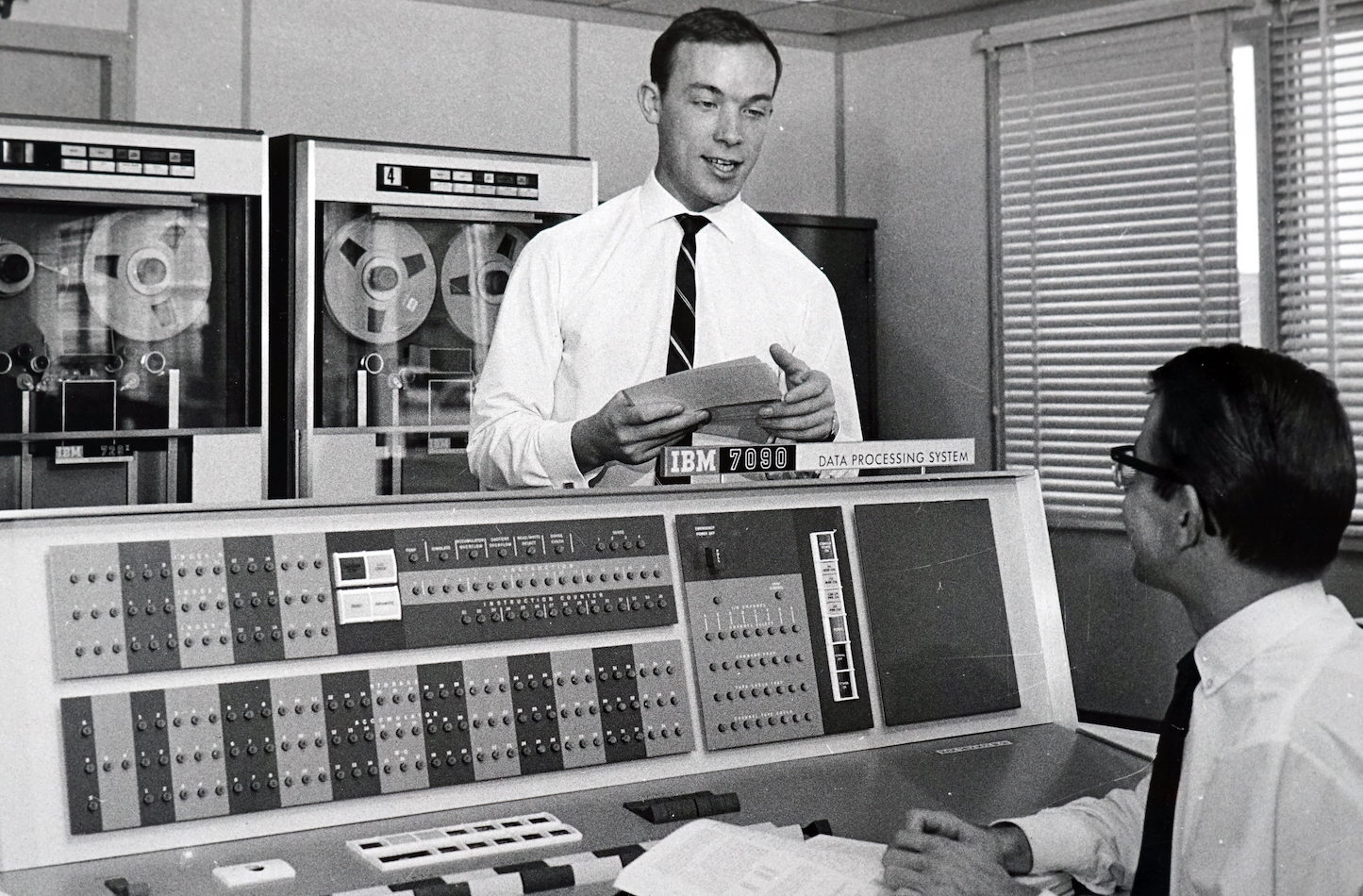The last bleak half-decade of Major League Baseball's Plausibly Deniable Capital Strike Era hasn't been much fun, but it hasn't been especially difficult to parse, either. There are the five or six big league teams that are demonstrably or at least plausibly trying to win a World Series, and while that group is diverse enough to include both the Dodgers and the Rays, it is also exclusive and has lately tended not to let in new members at a pace that keeps up for the teams that have cynically or strategically shown themselves out. It is both expensive and difficult to be in this tier, let alone to be in it every year.
The more you spend the less difficult it gets, but it never actually gets easy. The Padres should have been in last year, both because of how they spent and how well they spent, but the vibes were borked and the team crapped out. Doing everything right isn't enough. It's that hard. You can see why most owners not only don't feel especially compelled to try, especially when their teams make plenty of money either way through the various passive and baked-in ways that baseball teams generate revenue.
Below this narrow and volatile tranche of teams that are trying to win is everything else. There are teams that want to win but don't know how, or don't want to know how. There are teams that don't want to win but for reasons they can justify along a broader continuum of excuses and long-horizon strategies, and there are teams that don't want to win and don't feel compelled to justify that decision at all. There are, in that tier, the oafish avant-gardeists—the Rockies, who are first and foremost a Christian Men's Encounter Group; the Pirates, a baseball team run like one of the newspapers owned by Alden Global Capital; the Mariners, who will remain a grim shaggy-dog joke about management-class fecklessness until the quite-possibly-nigh moment they become actual contenders. The Mets have spent a lot of money this offseason, but because it has mostly been a function of their strange and whimsical new owner going on a Supermarket Sweep-style run through the marketplace they probably still belong in this group.
And then there are the teams that are bad simply because they are not good yet. Most of these teams can, on the merits and in a deeper sense, be filed alongside the cynics and the weirdos. A team that is managed intelligently, and with knowledge and along the lines of industry best practices, and that still manages to finish last every year, belongs among the oaf/cynic class. Simply having a plan is more than many of these teams can boast, but that plan needs urgency, and will, and a sense of an endpoint.
The Texas Rangers, for instance. They are a well-managed team; their front office, from president Jon Daniels on down, is still widely regarded as one of the most astute in the sport. The Rangers have also finished last in three of the last four seasons, and have sold off everything they could sell during that period; they entered this offseason with just one player salary guaranteed for 2022. Help is making its way up through the system, but very little of it is near the majors just yet. The Rangers, before they unexpectedly and rather inspiringly decided to upend the extremely heated free agent market over the last few days, were one of those teams that seemed not just to be Trying Not To Win, but to be doing so on a timetable that was both opaque and unhurried. After signing big-ticket infielders Corey Seager and Marcus Semien, starting pitcher Jon Gray, and veteran outfielder Kole Calhoun, they seem to be something and somewhere else.
The Rangers are very much better for having done all this—Seager and Semien were arguably two of the three best position players in this year's stacked free agent class—but they're still not yet anything like a contender. After adding something like $76.7 million to next year's payroll over the last 48 hours, they still mostly seem worse than every other team in the extremely busy American League West, depending upon how hard Oakland sells. They're a lot better, but they're nothing like good yet. There is a particularly exciting, inherently tenuous kindling point that a rebuilding team reaches; the work is not finished, and there's no guarantee that it will ever be finished, but you can sort of begin to see it. The plan is not just more evident than it was during the years-long meander through the wilderness during which the prospects percolate up through the minors and the big league team stumbles around in the dark bonking into various rocky outcroppings and tripping over tree stumps. It is almost clear—the roles that will be filled from within, the spaces that will, however expensively and however wisely, be filled from without. The Tigers are more or less there right now; their signing of Javy Baez suggests they're beginning to undertake that last stage in earnest.
The Rangers are not doing that, but there's also nothing that says this is the only way to do it. That the Astros successfully managed a years-long rebuilding process is ... well, not admirable, but impressive in its way. The Orioles and Pirates, to take two examples, are either trying to do this or trying-to-try to do it; the absence of a timetable or any meaningful attempts to improve the big league team make it much harder to say where they are in that work, or how well they're doing it.
But the people and creepy financialized consortiums that own baseball teams—that own every baseball team—are rich enough to do it another way. The Rangers have enough money to run as big a payroll as they want to run; if they choose to empower their GM to spend some of that money to instantly turn a 65-win team into, say, a 77-win team, they can do that. If they want to spend until it's more of an 85-win team, they could do that, as well.
Prevailing MLB best practices would recommend against this approach. The bedrock urge to win, or at least to compete, is supposed to militate against a team simply bagging the better part of a decade for reasons they don't feel compelled to justify or even explain. As American pro sports become more bleak and bored in their shared financial nihilism, it mostly does not. The gears grind and devour; the various parties in what is honestly a very simple business transaction first come to see the others as marks, and then as enemies to humiliate. Extravagant grow the beer prices. It sucks.
This is why, even if it doesn't deliver much more than a few marginal and mostly meaningless extra victories next year, what the Rangers are doing feels not just so invigorating, but so different. However or whenever it works, whatever it does, it is at least something, and a reminder that there is more than one way to do all this. Whatever the Rangers' new middle infield and number one starter do for them in the standings, they've already given fans some reason to watch this team play, which is or was once supposed to be part of the bargain between these huge profitable organizations and the people who choose to care about them. The new players that the team has paid will make the team better right away; eventually, they and whatever reinforcements are coming will hurry along the moment when the team might contend for something bigger. That will or won't happen, whenever it does or doesn't happen. For now, it's just kind of exciting to see one of the organizations that had seemingly opted into a strategic coma make the decision to get up and try to play some baseball.





